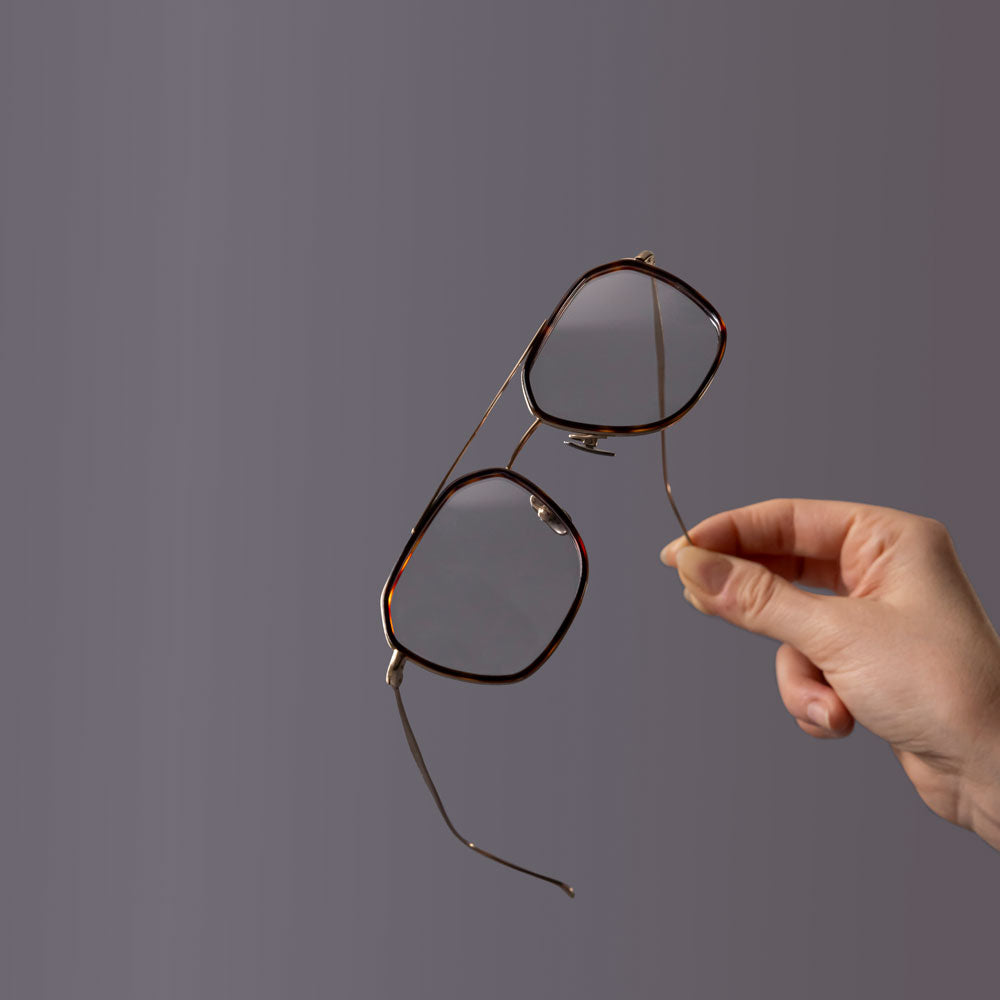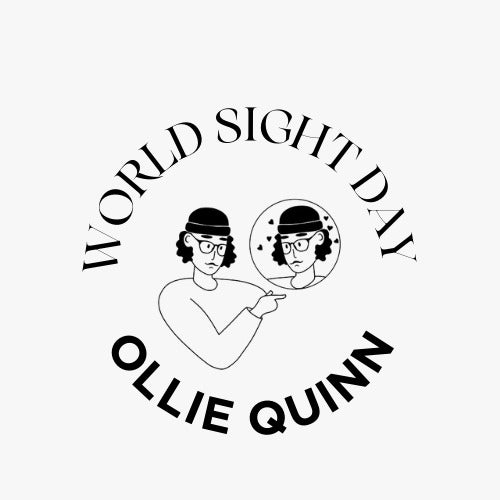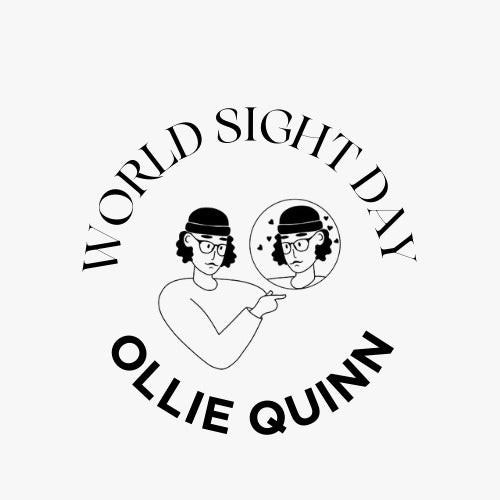Eye Health Tips
- Wearing sunglasses isn’t just useful for hiding a mulled-wine hangover… The low sun in winter can be dazzling and just as damaging to your eyes as Mykonos in July.
- Heading to the slopes? Snow and ice are reflective, so the sun’s rays can reach your eyes from below as well as above. Good quality, protective sunglasses are a must.
- Many people have noticed their screen time has increased since spending more time indoors over the past year or two. While there is no evidence that prolonged screen-use damages vision, it can result in tired eyes and symptoms of eye-strain.*
- DRY EYES are a very common problem during colder months, this can be exacerbated by central heating and increased screen time. When staring at a screen we tend to blink less, so blinking regularly and using lubricating eye drops (if recommended by your Optometrist) can help.
- Time outdoors has been shown to reduce myopia (short-sightedness) progression amongst children. Chasing your child around the garden can also relieve stress (or drastically increase it, depending on what they’ve got their hands on).
- Following the guidance above is a great start, but the most important piece of advice is attending regular eye tests (for most people every 2 years, unless specified by your Optometrist or healthcare professional). Your Optometrist will thoroughly check the health of your eyes, as well as assessing your vision and the need for glasses.
*Here are a few tips to help reduce computer related eye-strain:
- - Position your screen (or screens) roughly at arms length and slightly below your line of sight.
- - Angle your screen to minimise distracting reflections from windows.
- - Take regular breaks, we recommend looking at something 20ft away for 20 seconds, every 20 minutes.
- - A blue light filter for your glasses has been shown to reduce the effects that the blue light emitted from digital devices has on sleeping patterns. We also recommend reducing screen use when it is dark outside and using ‘night-time mode’ where possible on digital devices.
Tips by Bethany, Optometrist at OQ







